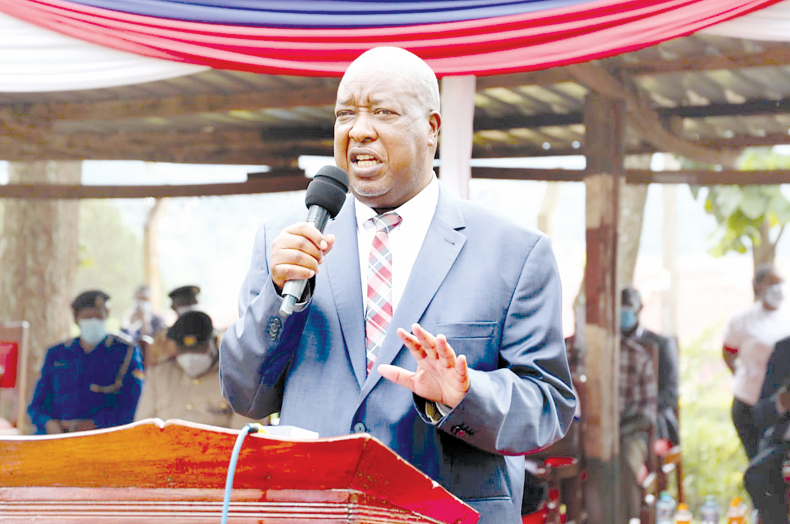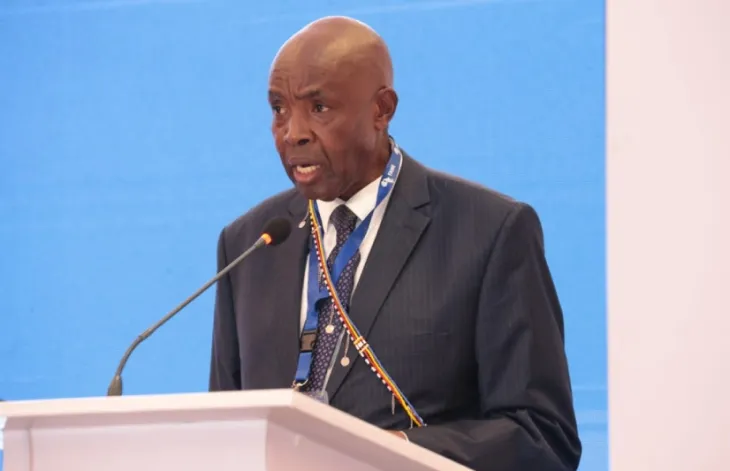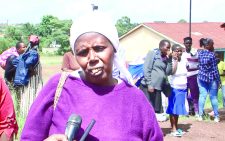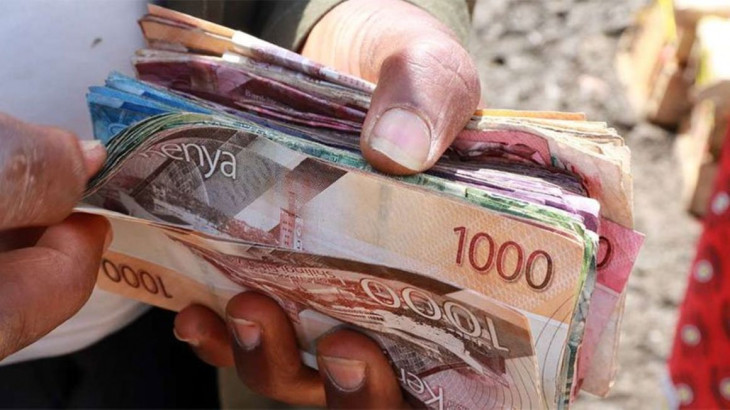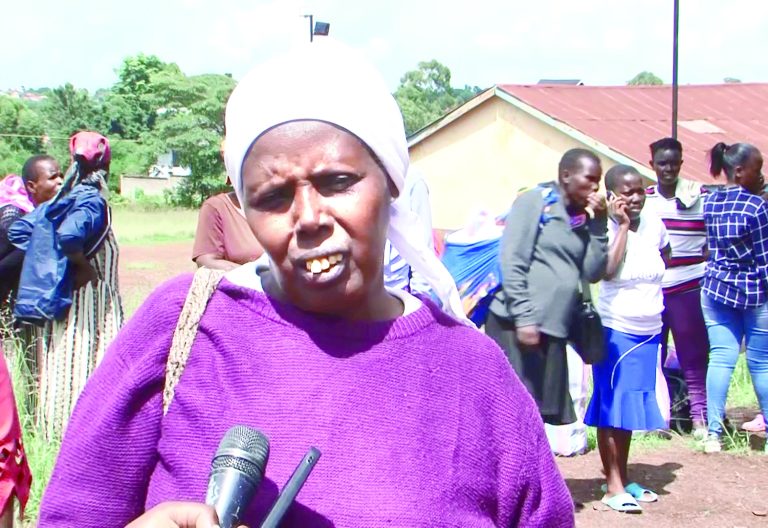As Corona bites, Ndigiti has resorted to making jikos for survival
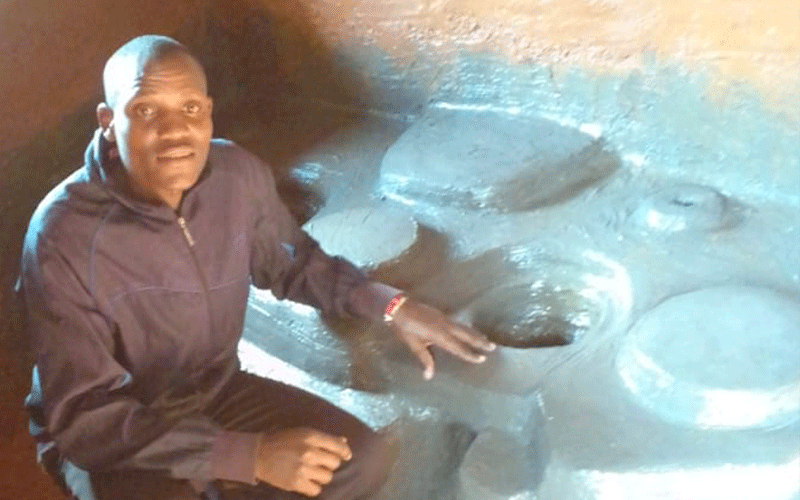
An athlete’s life is profoundly dependent on running and thus, many professional runners solely rely on it for a living.
However, with the global sporting calendar interrupted, athletics included, as a result of the Covid-19 pandemic, real struggle for athletes to beat the harsh economic times has seen some of them resort to different means of survival.
One such athlete is reigning Africa junior 10,000m walk race champion Dominic Ndigiti.
Ndigiti, who was preparing for the Tokyo Olympics Games and the 22nd Africa Senior Athletics Championships in Algiers, Algeria before the virus struck, has decided to go back to what he used to do as a child to eke out a living.
That involves making clay cooking stoves popularly known as jikos. Though he is now doing the much-advanced multipurpose ones, Ndigiti is loving it as it will not only earn him money but is also keeping him busy during the break.
“This is the job I am doing at home now that there’s no race to compete in,” the former World Under-18 bronze medalist told People Sport in Kisii on Monday.
Clients’ demands
“Jiko making is an art I learnt and used to do when I was young before I realised that I had the gift of running.
While still very young and with poverty overwhelming my family, I ventured into the jiko making business.
At the time, I only used soil but at the moment, and depending on my client’s demands, I do both soil and cement jikos,” added Ndigiti.
Ndigiti’s multipurpose jikos use both firewood and charcoal and sale for Sh3,000, Sh2,500 or Sh1,500 depending on the material used, number of burners and if someone wants one with a chimney that directs smoke outside.
It takes Ndigiti five to six hours to have one jiko installed in a permanent house, and up to 12 hours in a semi-permanent building. This is because he has to construct a strong foundation with cement to hold the jiko.
The athlete hopes the health situation will be fine soon so that he can return to his first love since he is keen to graduate into the senior ranks.
“I rise up early to train before going to my jiko making business. Practice is a must for me. I want to keep fit because you never know, you might wake up and you’re told to prepare for a race,” he said.
“As much as I am into the jiko-making business which is putting food on the table for me and my family at the moment, I also have a well-planned practice schedules because I firmly believe, soon we’re going to defeat this disease and get back to running,” he added.
